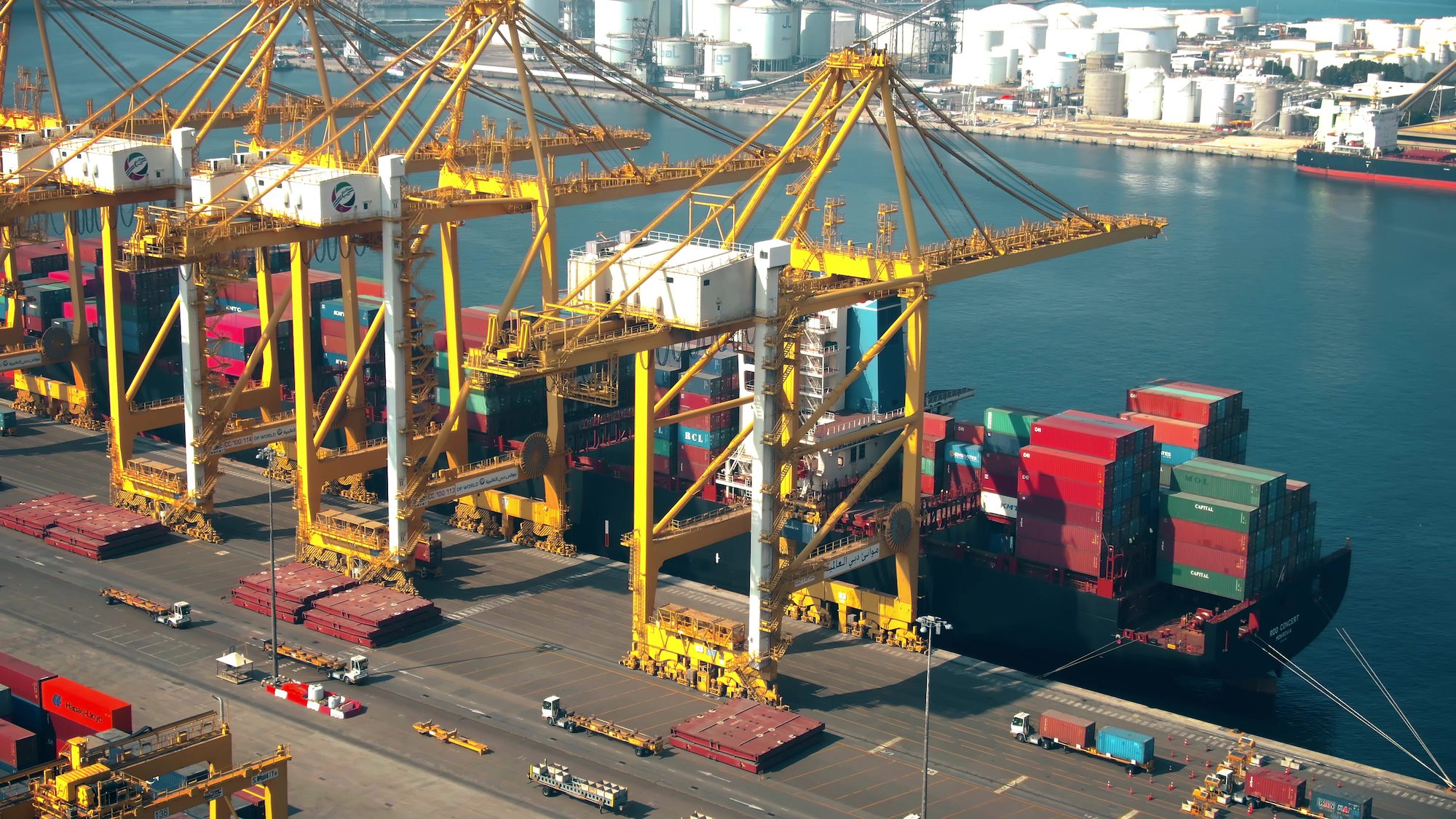Update: Wednesday, May 12: The White House has chimed in saying the Department of Homeland Security, the agency responsible for issuing Jones Act waivers, is ready to review waiver requests from companies that can show there is insufficient capacity within the Jones Act fleet.
“DOT’s Maritime Administration concluded their assessment of what assets are available in the Jones Act fleet to carry petroleum products within the Gulf, and from the Gulf up the Eastern Seaboard. The Department of Homeland Security stands ready to review any temporary Jones Act waiver requests from companies that demonstrate there is not sufficient capacity on Jones Act-qualified vessels to carry fuel to the affected region,” White House Press Secretary Jen Psaki said in a statement.
Tuesday, May 11: The U.S. Department of Transportation says it is evaluating resources to help mitigate potential impacts of the ongoing Colonial Pipeline cyberattack on East Coast gas and fuel supplies, including use of a limited temporary waiver of the Jones Act.
The Department of Homeland Security has indicated that it’s ready to issue a waiver if needed, but at this point the need is “not necessarily yet confirmed.”
In a statement, the Dept. of Transportation said it has been monitoring reported shortages and has now started work “to enable consideration of a temporary and targeted waiver of the Jones Act,” the federal law that requires goods (and fuel) shipped between two U.S. ports to be transported on U.S. built, owned, crewed and registered ships. A temporary waiver would essentially allow fuel supplies to be moved on foreign ships along U.S. coastlines, such as from the Gulf Coast to the Northeast.
The DOT said the Maritime Administration (MARAD) has initiated a survey of Jones Act-qualified vessels to begin the process of evaluating what assets are available in the Jones Act fleet to carry petroleum products within the Gulf, and from the Gulf up the Eastern Seaboard. “This step is being taken to determine whether there is sufficient capacity on Jones Act-qualified vessels to carry the product and to determine if a waiver is warranted. Responses have been requested today,” the Department of Transportation said.
“The Maritime Administration’s role in the Jones Act waiver process is to determine the availability of Jones Act vessels to carry the products for which a waiver is sought. Authority to receive requests for and to approve waivers to the Jones Act belongs to the Department of Homeland Security,” the statement said.
Homeland Security Secretary Alejandro Mayorkas addressed the current need for a waiver in a White House press briefing on Tuesday.
“We in the Department of Homeland Security began working immediately with the Department of Transportation to be ready should any request for a Jones Act waiver be made to us to allow a foreign flag vessel to deliver fuel should that need arise, and of course that need is not necessarily yet confirmed, but we want to be poised at the President’s direction to be ready and to be able to act immediately,” said Secretary Mayorkas.
Mike Roberts, President of the American Maritime Partnership, said the Jones Act fleet has ample capacity to meet any required demand.
“The American Maritime industry has capacity available and the experience to transport refined products to help alleviate the distribution issues along the Colonial Pipeline, and is working with key energy stakeholders and policymakers to be part of the solution,” Roberts said in a statement on Monday.
Colonial Pipeline – To Waive Or Not To Waive The Jones Act
Over the weekend the DOT’s Federal Motor Carrier Safety Administration took steps to create more flexibility for motor carriers and drivers transporting gasoline, diesel, jet fuel and other refined petroleum products to Alabama, Arkansas, District of Columbia, Delaware, Florida, Georgia, Kentucky, Louisiana, Maryland, Mississippi, New Jersey, New York, North Carolina, Pennsylvania, South Carolina, Tennessee, Texas and Virginia. It has also now added West Virginia to the list, bringing the total number of states covered to 18.
The Federal Railroad Administration (FRA), which is also part of the DOT, is canvassing rail operators to determine their capacity to help transport fuel where needed by rail.
By Tuesday morning, Georgia and North Carolina had already issued emergency declarations to respond to fuel shortages. Other states have since followed suit.
The Colonial Pipeline, the nation’s largest for refined petroleum products such as gasoline, diesel and jet fuel, has been shut since Friday after it was targeted by ransomware cyberattack by a group the FBI has identified as “DarkSide”. The 5,500-mile pipeline, which runs from Houston, Texas to New York, transports about 45% of all fuel consumed on the East Coast.
Colonial Pipeline Company, which operates the pipeline, said on Monday it’s working on re-starting the pipeline in phases with “the goal of substantially restoring operational service by the end of the week,” although at this point it seems details for the resumption of full-scale operations are unclear and perhaps unknown. The company’s website was inaccessible for much of Tuesday due to apparent server issues.
On Monday, Bloomberg reported that Colonial Pipeline’s CEO privately warned state and federal officials that states could experience supply shortages even with its current restart plan for “substantial” service by the end of the week.
History of Jones Act Waivers
In September 2017, the Trump administration temporarily waived Jones Act restrictions in response to Hurricanes Harvey and Irma, and again that same month for Puerto Rico in the aftermath of Hurricane Maria despite American maritime interests’ fierce calls that no such waiver was needed. Prior to that, the last Jones Act waiver was issued in December 2012 for relief assistance in the aftermath of Hurricane Sandy. In the case of the Harvey and Irma waiver, it expired unused by any foreign vessels.

 Join The Club
Join The Club











